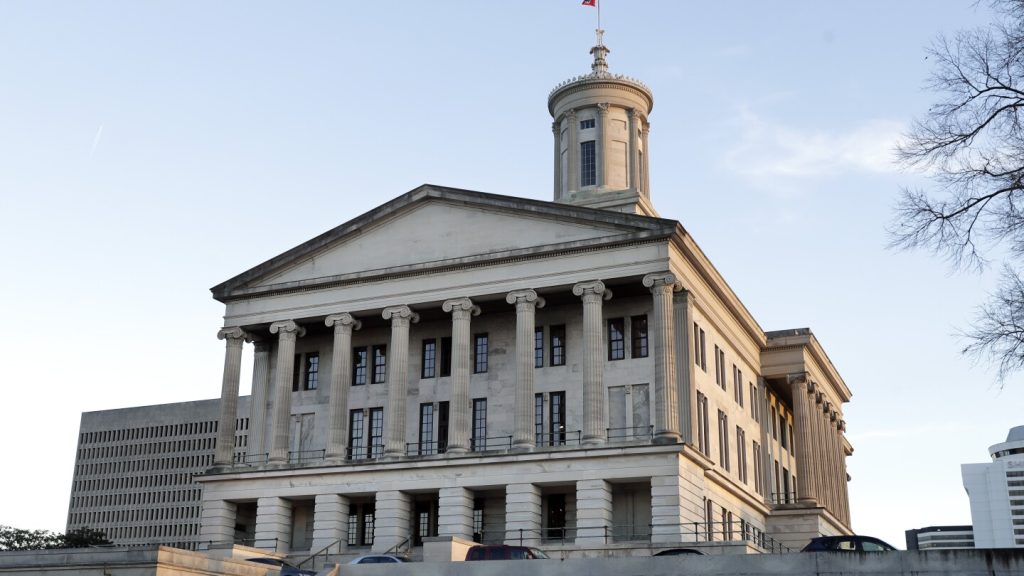Tennessee Gov. Bill Lee has conceded defeat in his push to enact universal school vouchers this year. This decision comes after months of Republican infighting and a lack of a clear path forward for the proposal. The move is disappointing for school choice advocates who were hoping to see the state join others in expanding voucher programs with little to no income limits. While there is broad agreement that this reform needs to happen, it seems that the final pieces could not be put together this year. According to the National Education Association, 11 states have already adopted universal school voucher laws, but the debate over their effectiveness continues.
This loss is just the latest in a series of policy setbacks for Gov. Lee, who has struggled to gain support for his key initiatives from the GOP-controlled legislature. Last year, lawmakers ignored his request for gun control legislation in the wake of a school shooting, and this year they shot down a proposal to expand paid family leave for state workers. Despite initially receiving support for his voucher proposal, which would allow families to access public funds for private schooling regardless of income, Lee faced skepticism from rural lawmakers and opposition from local education officials. The state’s General Assembly has been divided on the details of a statewide plan for school vouchers, leading to the bill’s ultimate demise.
While Lee has pledged to revive school voucher talks next session, the future of the proposal remains uncertain as some lawmakers will not be returning next year and others face opponents in the upcoming election. The House and Senate budget writers have set aside $144 million for the voucher expansion, indicating that the issue is not yet closed. Senate Speaker Randy McNally sees this as a new beginning rather than an end, emphasizing that conversations will continue over the summer and fall before being revisited in the next legislative session. House Speaker Cameron Sexton remains committed to providing all parents with the opportunity to choose the best school for their child using tax dollars.
The initial school voucher plan put forth by Gov. Lee in 2019 aimed to assist parents of students in low-income districts with a program that would provide funds for approved expenses. After revisions, the program was passed for specific areas in the state, excluding many Republican strongholds. Lee’s victory in this regard was seen as a compromise, allowing some lawmakers to support the measure with assurances that it would not apply to their districts. While Lee’s efforts to expand school vouchers have faced challenges, the issue remains a priority for him and he plans to continue advocating for candidates who support school choice in future elections. The debate over school vouchers and their impact on education outcomes is likely to continue as Tennessee explores potential reforms in the future.


